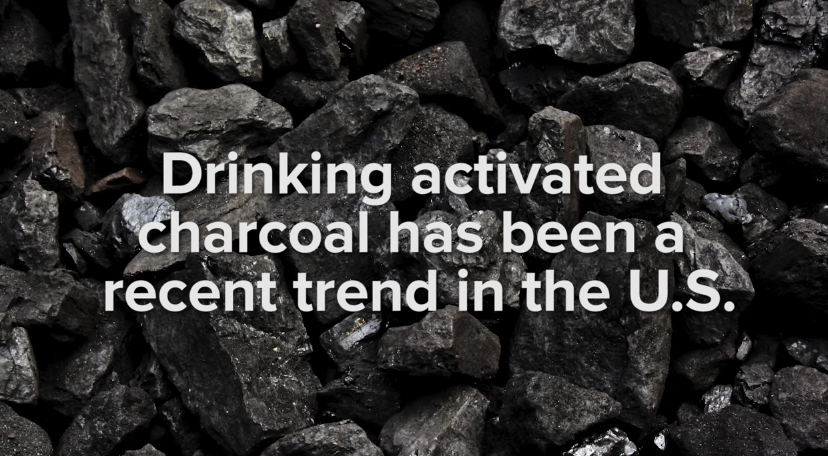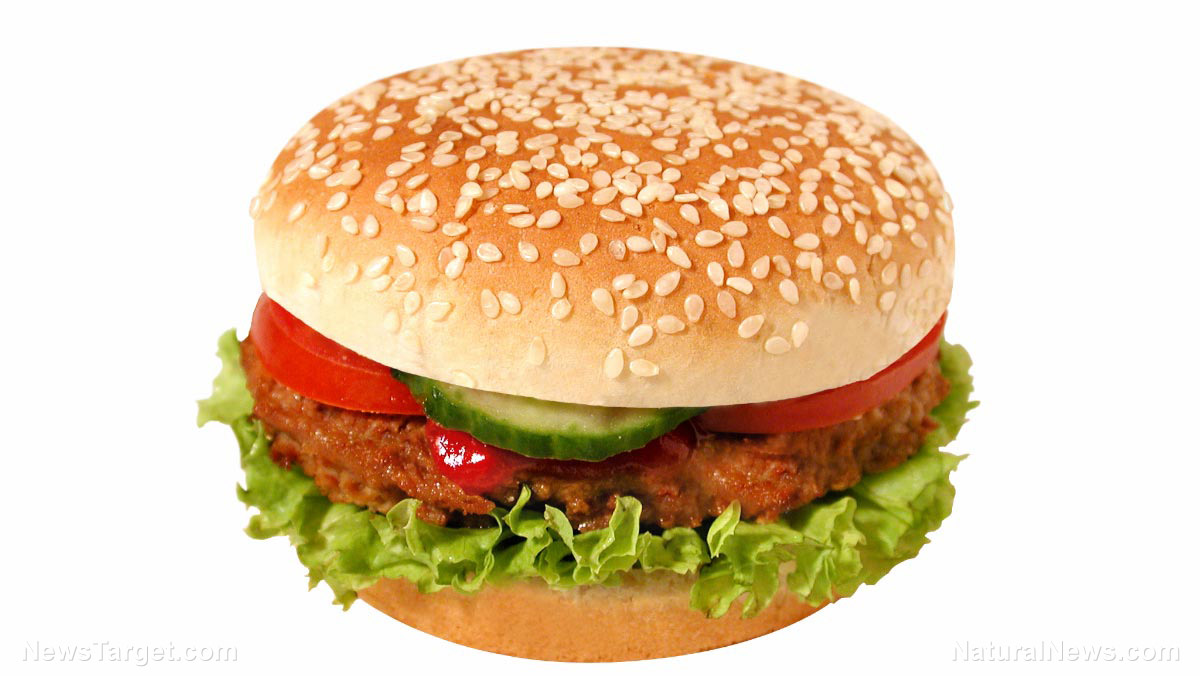
Advertisement
BALTIMORE — One of the most requested drinks at Pure Raw Juice in Federal Hill is black lemonade, a concoction of freshly squeezed lemon juice, agave, water and charcoal.
Article by Andrea K. McDaniels
Yes, that’s right — charcoal.
Doctors have used the black powder in emergency rooms for years to treat drug overdoses and poisonings. Some pediatricians even tell parents to keep a bottle in their medicine cabinets in case their kids accidentally ingest toilet bowl cleaner or bug spray. And now the ingredient is becoming more mainstream and promoted by some for regular use, with applications that include whitening teeth and zapping acne away.
Adam Armstrong, the general manager at Pure Raw Juice, recommends it to customers who have stomach troubles.
“It is a super-scrub for the digestive tract and food digestive system,” Armstrong said. “There are a lot of people who have digestive issues.”
But despite the growing popularity of charcoal, some doctors warn against taking it regularly, and the Food and Drug Administration has approved it as a drug only for limited use as an over-the-counter poison treatment.
The agency regulates dietary supplements, the way charcoal is sold in many stores, but it treats them like foods rather than medications. The manufacturers of supplements don’t have to show their products are safe or effective before selling them on the market.
“Consumers should be mindful of products that claim to prevent, treat, or cure diseases or other health conditions, but are not proven safe and effective for those uses,” FDA spokeswoman Andrea Fischer said in an email. “Relying on unproven products or treatments can be dangerous, and may cause harmful delays in getting the proper diagnosis and appropriate treatments.”
None of the major medical associations, including the American Dental Association or the American Academy of Dermatology, has endorsed it for dental or skin needs. The dermatologist group said it does not endorse products.
Still, many people swear by its claims to draw toxins out of the body to reduce stomach bloat, clear up skin and take stains off of teeth. Bottles of charcoal-filled capsules or bags of the black powder can be found at stores, like retailer GNC and Mom’s Organic Market, that specialize in supplements.
Several products were featured at the Natural Products Expo East held in Baltimore in September. And black lemonade is also a popular menu item at Plantbar Powered by Zia’s at Belvedere Square.
Celeste Corsaro, Plantbar managing partner and holistic health coach, said the drink is popular with people looking to detox and calm digestive problems. She has also created a deodorant with charcoal that she hopes to launch soon.
The kind of charcoal lauded by some for its health benefits isn’t that found at the summer cookout. Typical charcoal is made from coal, wood, coconut and other materials. The type purported to provide health benefits is similar but made especially for medical use. It’s heated in the presence of a gas that activates the charcoal so that drugs and toxins can bind to it, helping to get rid of substances in the body.
Dr. Miriam Alexander, medical director for employee health and wellness at LifeBridge Health, said that if charcoal is taking toxins out of the body, it could be taking nutrients as well. She also pointed out there are few scientific studies to back up the health claims, outside of the way hospitals use it for poisonings. The studies available are not strong, she said.
“I feel like, as a consumer, I want to always check that there is good-quality evidence that it is something that will help me and not harm me,” Alexander said. “Just because something makes sense, or seems logical, if it has not been demonstrated that it works I would be wary.”
That’s not to say activated charcoal doesn’t work, she said. There is just no evidence to back up claims that it does.
Chris D’Adamo, director of research at the Center for Integrative Health at the University of Maryland School of Medicine, thinks charcoal can be OK in some cases and even keeps some in his home. He suggested not taking it within a couple hours of eating or taking medication because it could deplete nutrients and drug effectiveness. He also said people can take it on occasion for ailments such as an upset stomach, but not on a daily basis.
“If I were somebody with some form of gastrointestinal distress, I would stop eating the foods causing it — or find out what is causing the issue,” he said.
MOM’s Organic Market at the Rotunda in Baltimore has seen an uptick in people asking for products with charcoal, said wellness manager William Crowther. The store stocks it in capsule form and has some facial masks and scrubs with the ingredient. They are looking for a good-quality powder to sell and plan to stock a charcoal toothpaste in the near future.
Crowther recommends people use it when they drink too much alcohol or eat something not so healthy. He said combining it with coconut oil makes a good face mask.
“It will just gather all the bad stuff and get it out of you,” Crowther said.
Jessica Arman, of Texas, created Magic Mud toothpaste when looking for something to remedy her daughter’s weak enamel seal. The enamel wasn’t protecting the inner core of her daughter’s teeth, making them very sensitive. After using the toothpaste three times, the sensitivity problems subsided, she said. The toothpaste is in dental offices across the country and was recently featured at the Natural Products Expo East.
Some holistic dentists also use charcoal for tooth whitening, said Roberta Glasser, executive director of the Holistic Dental Association.
Arman also uses charcoal in her own life for pimples, canker sores and other health issues.
“Personally, I have charcoal in my medicine cabinet in every bathroom,” she said.
At Pure Raw Juice recently, Armstrong poured charcoal from a plastic bag into a mixer with agave and lemon juice. He then poured in a gallon of water before turning on the mixer. He said the juice is grainy at first until all the charcoal is absorbed into the liquid.
People are often thrown off by the color of the lemonade at first, but Armstrong said you can’t taste the charcoal.
He said people shouldn’t drink the juice every day, but that it can be used from time to time to detox the body. Armstrong and others warned that people should drink lots of water with the charcoal because it flushes out the system and could lead to dehydration.
“It will move stuff right out of you,” Armstrong said.
Read more at: indianagazette.com
Advertisements







